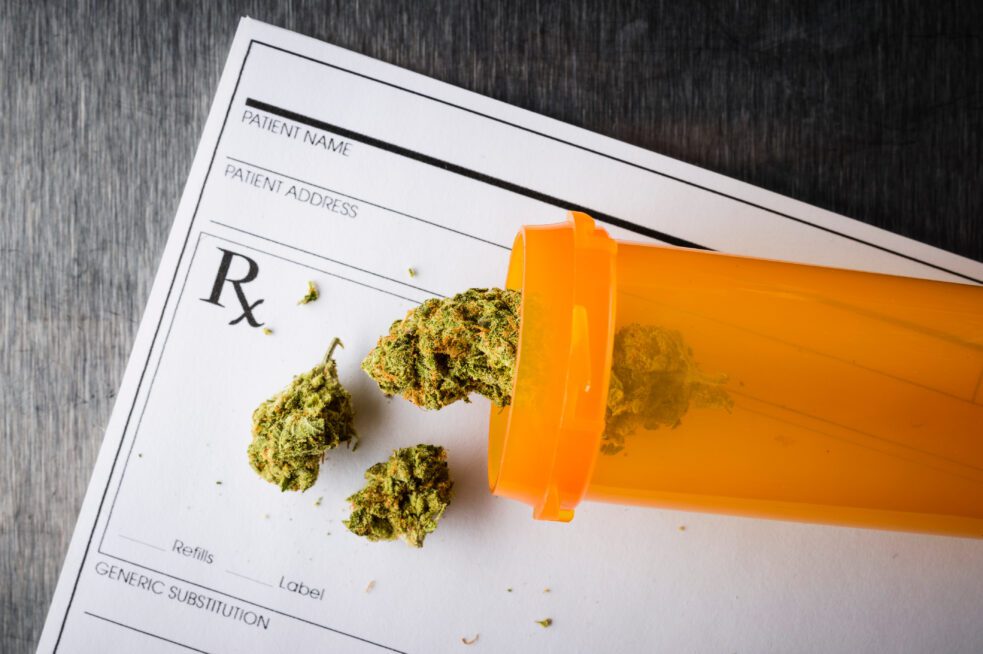Patients who use medical marijuana tend to cut down on their use of prescription drugs, and the reason for many is that cannabis has fewer side effects.
Researchers from DePaul University and Rush University in Chicago interviewed 30 people who were receiving medical marijuana legally through an Illinois program that allows those with certain conditions to receive cannabis for their ailment. About 40 chronic conditions, such as cancer, fibromyalgia, rheumatoid arthritis, HIV/AIDS and post-traumatic stress disorder, qualify for medical marijuana treatment in the state. Many of the illnesses involve inflammation, pain or seizures.
Survey questions in the study were open-ended. The most common reasons for people to use medical cannabis were to taper off of prescription medications, to use marijuana along with prescription drugs, or as an alternative to prescription or over-the-counter (OTC) drugs. People also used marijuana to deal with the side effects of prescribed medications.
Why did patients want to reduce their use of prescription meds? Their concerns included dependence, tolerance and toxicity. Many also said that cannabis relieved symptoms better, worked faster and lasted longer than prescription drugs.
Cannabis was used most often as a substitute for opioid pain drugs, the survey results, published in The Journal of Alternative and Complementary Medicine, found. Patients also used fewer OTC painkillers, anticonvulsant and anti-inflammatory meds after using marijuana as a treatment.
“These findings align with previous research that has reported substitution or alternative use of cannabis for prescription pain medications due to concerns regarding addiction and better side-effect and symptom management, as well as complementary use to help manage side-effects of prescription medication,” the researchers wrote.
Other studies have also found a positive association between medical marijuana laws and declining opioid use. A 2014 JAMA study found that states that adopted such legislation saw prescription opioid overdose death rates go down, and the decline increased over time. And a recently published study from the University of Georgia found that areas with a medical marijuana dispensary saw a 20-percentage point decrease in hospital admissions for opioid painkiller abuse the first 2 years the dispensaries were in business.






